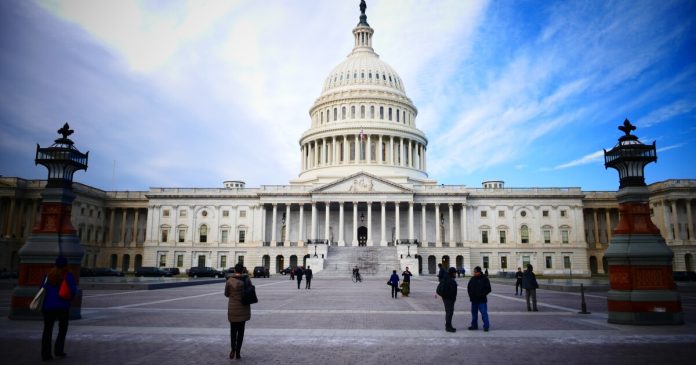It was a big week for cryptocurrency in Washington DC, with the House of Representatives approving two major pieces of legislation and a bipartisan group of senators planning a more aggressive bill. The proposed laws aim to put more regulations in place for the crypto industry following the collapse of FTX in late 2020.
On Wednesday, the House Financial Services Committee passed a bill to implement a regulatory framework for digital asset trading and issuance at the Securities and Exchange Commission and the Commodity Futures Trading Commission. The 35-15 vote also included support from six Democrats.
The legislation establishes rules for when cryptocurrency firms must register with either the SEC or CFTC, and creates a certification system for issuers to show that a blockchain network is sufficiently decentralized. This would allow tokens to be classified as commodities rather than securities and thus be overseen by the CFTC.
The committee also voted in favor of a bill that targets the stablecoin market, which is worth $123 billion and ties its value to an underlying asset, like gold or fiat currency. The Clarity for Payment Stablecoins Act, which passed 34-16, sets up a federal regulatory structure while still assigning a role to individual states.
On Friday, a bipartisan group of senators, led by Elizabeth Warren (D-MA) and Roger Marshall (R-KS), reintroduced the Digital Asset Anti-Money Laundering Act. This bill would force know-your-customer rules onto wallet providers and crypto miners, as well as compel the Financial Crimes Enforcement Network to make rules mandating institutions verify the identity of customers.
The regulatory push drove down the price of bitcoin this week, although it has still risen by 76% since the start of the year. As of Friday afternoon, it was hovering above $29,000.

